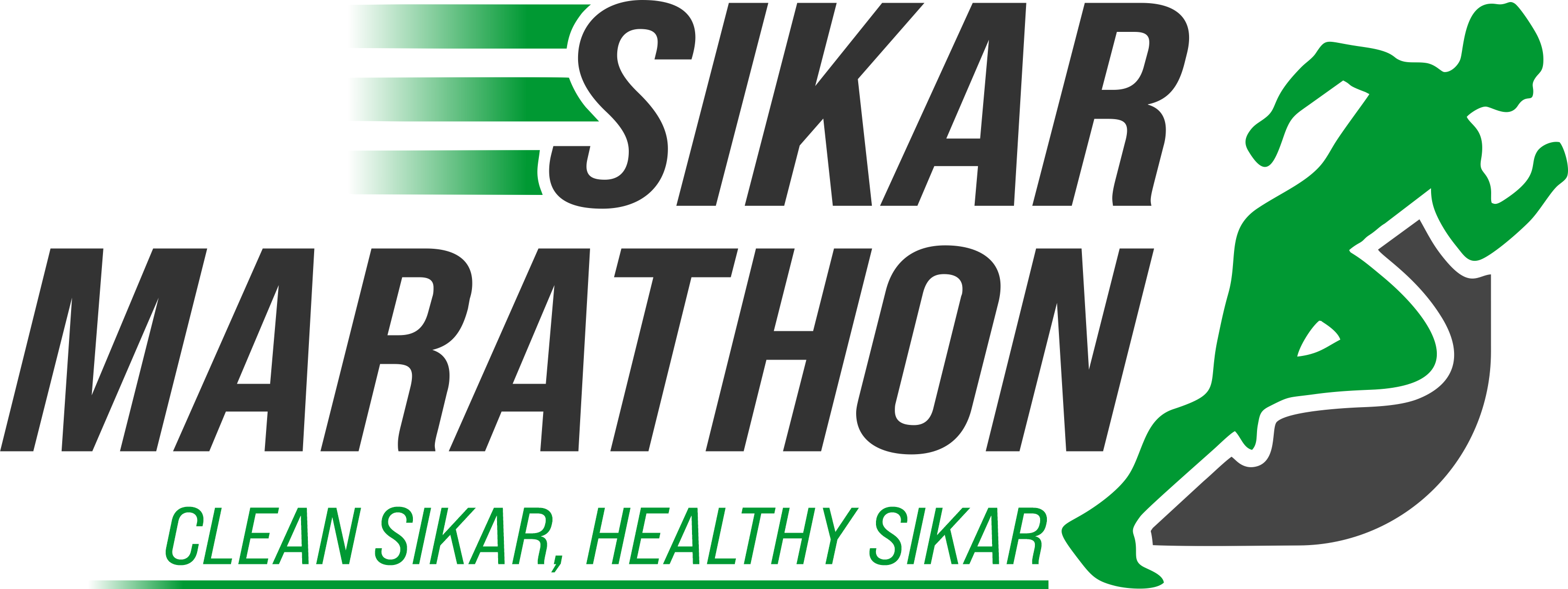Important Medical Information for Participants
Before applying for the race and coming on race day, please review these medical scenarios:
- Has your doctor ever said that you have a heart condition or high blood pressure?
- Do you feel pain in your chest at rest, during your daily activities, or when you do physical activity?
- Do you lose balance because of dizziness, or have you lost consciousness in the last 12 months?
- Have you ever been diagnosed with another chronic medical condition (other than heart disease or high blood pressure)?
- Are you currently taking prescribed medications for a chronic medical condition?
- Do you have a bone, joint, or soft tissue (muscle, ligament, or tendon) problem that could be made worse by becoming more physically active?
- Has your doctor ever said that you should only do medically supervised physical activity?
The above questionnaire helps identify any potential health risks associated with physical activity. You are strongly advised to consult your personal physician before embarking on training and participating in the long-distance race. If you have answered ‘YES’ to any of the above questions, it is even more reason for you to seek medical advice before you commence training and participate on race day.
While long-distance running has its health benefits, it’s crucial to acknowledge the reality of your body, mind, and the inherent risks associated with negotiating such extended distances. Train responsibly and ensure you are fit to participate safely.
Pre-Race Preparation and Education
Hydration and Nutrition:
- Ensure you are well-hydrated and maintain balanced nutrition in the days leading up to the race. Familiarize yourself with the locations of hydration stations along the course and consider carrying your own hydration if needed. Avoid alcohol and caffeinated beverages before the race, as they can contribute to dehydration.
Environmental Awareness:
- Be aware of the environmental conditions expected on race day, such as temperature and humidity. Acclimatize to these conditions in your training runs and dress accordingly. Adjust your race pace and hydration strategies to stay safe.
Health Screening:
- If you have any pre-existing medical conditions or concerns, especially a history of cardiovascular issues, undergo a health check-up well before race day. Ensure you are cleared to participate and follow any medical advice provided.
On Race Day
Warm-Up and Stretching:
- Begin your race day with a proper warm-up, including light jogging and dynamic stretching, to prepare your muscles and joints.
Race Day Safety Tips:
- Emergency Contact: Complete the emergency contact information on the back of your bib. Include details such as allergies and medical conditions, along with the contact name and number of a person who can be reached in case of an emergency.
- Listen to Your Body: Pay close attention to how your body feels during the race. If you experience dizziness, chest pain, or severe shortness of breath, slow down, rest, and seek medical help at the nearest aid station.
- Pacing: Start at a manageable pace and avoid overexertion. Run at your own comfortable pace, and if you feel overexerted or unwell, stop and seek help.
- Hydration: Begin hydrating well in advance and continue throughout the race. Utilize hydration and electrolyte stations along the route. Sip small amounts frequently rather than large amounts at once.
- Cooling Strategies: Use water stations to splash water on your face and body to cool down. If feeling overheated, slow your pace or take brief walking breaks.
Post-Race Recovery/Care:
- Cool Down: After finishing, continue walking to prevent feelings of nausea or dizziness. This is important for redistributing blood flow to vital organs.
- Rehydration and Nutrition: Continue to hydrate post-race with water and electrolyte solutions, and consume a balanced meal with carbohydrates and protein within 30-60 minutes to aid muscle recovery.
- Monitoring for Heat-Related Illnesses: Be vigilant for symptoms of heat-related illnesses such as dizziness, headache, nausea, or confusion. Seek medical attention immediately if these symptoms occur.
Emergency Protocols
Recognizing Medical Emergencies:
- Be aware of the signs of serious conditions such as heat stroke, hyponatremia, or cardiac events. If you or a fellow runner experience any of these symptoms, alert medical staff immediately.
Emergency Contacts:
- Know the emergency contact procedures and where to find medical assistance on the course and at the finish line. Keep emergency contact information easily accessible.
Responsibilities of Every Participant
- Consult your physician before starting any exercise program, especially if you have any health concerns.
- Fill out the emergency information on the reverse of your bib number.
- Understand the local weather forecasts and risks associated with temperature changes during the run.
- Develop a suitable hydration plan for race day.
- If you experience medical issues, seek help immediately.
This advisory is designed to help you stay safe, perform your best, and enjoy the race. Prioritize your health and well-being at every stage of your preparation and participation.

